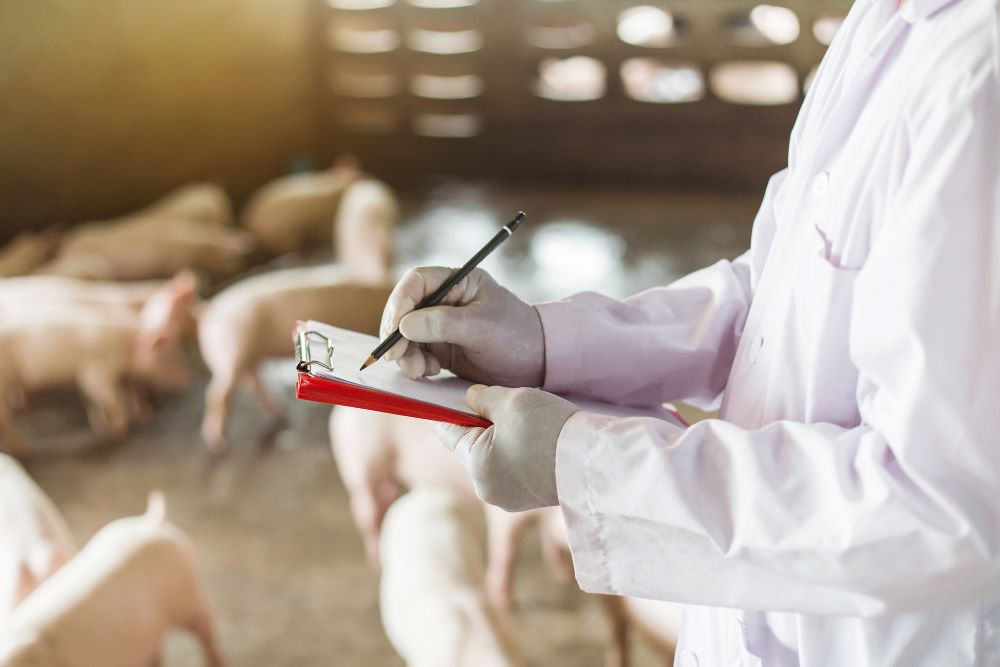
Regulators are finding it difficult to adjust to their roles after the UK’s exit from the EU, according to an influential parliamentary committee.
The Public Accounts Committee yesterday (12 October) released a report on post-Brexit regulation and identified a number of key issues facing government watchdogs.
Lack of expertise, difficulties with recruiting and a loss of access to EU information sharing and co-operation were amongst the reasons cited by the report, according to the FT.
The chair of the committee, Dame Meg Hillier, said: “Six years after the Brexit vote and with key international trade agreements still dangling years out of sight, repeated delays to implementing a new import regime continue to impact British businesses and increase risks for consumers.”
Three agencies
The comments focused on three major regulators which had their role expanded post-Brexit.
- The Food Standards Agency (FSA), which has an expanded role in the regulation of food imports and regulated products
- The Competition and Markets Authority (CMA), which regulates market competitiveness
- The Health and Safety Executive (HSE), which now operates a chemicals regulatory regime different from the EU version
The Guardian reported that, almost two years after the official date when the UK left the EU, there was still a shortage of vets, toxicologists and lawyers to deal with the UK’s new ‘third party’ status.
Food safety
The shortages could harm food safety and monitoring, according to The Mirror.
The report cited the example of the FSA losing full access to the EU’s Rapid Alert System on Food and Feed, which slowed UK regulator’s responses to food safety.
Post-Brexit food checks on EU food imports have already been delayed until the end of 2023.
As reported by the IOE&IT Daily Update, a paper published by the FSA and Foods Standards Scotland (FSS), identified the postponement as one of two “significant” risks to food standards.
Regulatory divergence
The report noted that there was already some regulatory divergence between the EU and UK that could raise costs for businesses.
The committee said, however, that this divergence could offer some opportunities depending on the route taken.
